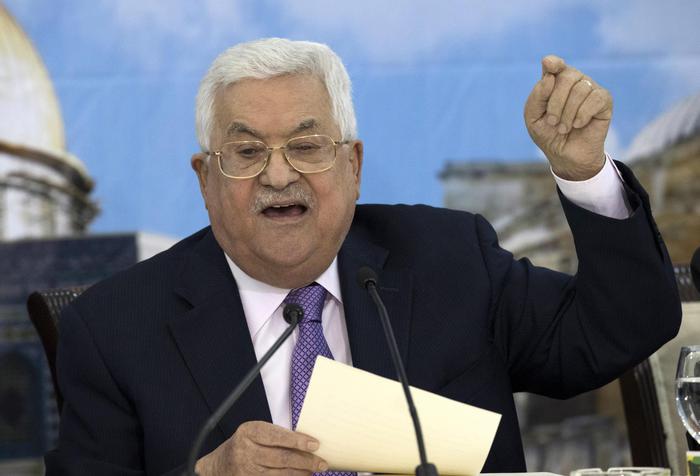UN Security Council Adopts Ceasefire Resolution in Gaza
The President of the Palestinian Authority, Abu Mazen, has welcomed the recent vote by the UN Security Council on a truce plan for the Gaza Strip, calling it “a step in the right direction.” According to a statement from Abu Mazen's office, broadcast in Arabic by the official Wafa news agency, the resolution is seen as a vital move toward ending what he described as “the ongoing genocidal war against our people in the Gaza Strip.”
The Security Council's resolution, which was based on a draft American proposal, received significant support late Monday, with 14 votes in favor and one abstention from Russia. The resolution endorses a ceasefire plan proposed by U.S. President Joe Biden on May 31 and urges Hamas to accept the terms. The text affirms that Israel has already agreed to the plan and calls on both parties to implement its terms without delay and without conditions.
The proposed plan outlines a phased approach to ceasefire, starting with a six-week cessation of hostilities. During this period, Israeli forces are expected to withdraw from densely populated areas of Gaza, and there will be an exchange of hostages and prisoners between Hamas and Israel. Hamas has indicated its willingness to cooperate with mediators to facilitate indirect negotiations, aiming for a permanent ceasefire and a complete withdrawal of Israeli forces from Gaza.
American Ambassador to the UN, Linda Thomas-Greenfield, commented on the resolution, stating, “Today we voted for peace. This Council has sent a clear message to Hamas: accept the ceasefire agreement on the table. Israel has already accepted it, and the fighting could stop today if Hamas did the same.” Historically criticized for blocking previous resolutions calling for ceasefires, the United States played a pivotal role in pushing this latest resolution, highlighting an intensive diplomatic campaign led by U.S. Secretary of State Antony Blinken, who returned to the Middle East to promote the plan.
Although U.S. President Joe Biden has framed the plan as having support from Israel, Israeli Prime Minister Benjamin Netanyahu has expressed a desire to continue operations against Hamas, complicating American diplomatic efforts. Despite these complications, the latest text of the resolution addresses concerns from several Security Council members, including Algeria and Russia, and specifies that the ceasefire will continue as long as negotiations are ongoing.
Furthermore, the resolution opposes any attempts to alter the demographic or territorial nature of the Gaza Strip and reiterates support for a two-state solution. The Security Council's recent actions mark a significant shift after months of contention and vetoes from both American and Russian sides, with previous resolutions often failing to gain traction.
- Since October 7, the Security Council has faced significant challenges in reaching a consensus on the Gaza issue, with several draft resolutions failing either due to lack of votes or because of vetoes from the United States, Russia, and China. The latest resolution marks a critical point in diplomatic efforts to address the humanitarian crisis in Gaza and potentially pave the way for more lasting peace in the region.
- Video reports claim there is an ongoing mission to rescue hostages in the Gaza Strip, highlighting the urgency and complexity of the situation on the ground. The resolution not only addresses the immediate need for ceasefire but also sets a framework for negotiating broader terms of peace, including the provision that a ceasefire must continue as long as negotiations are ongoing.






